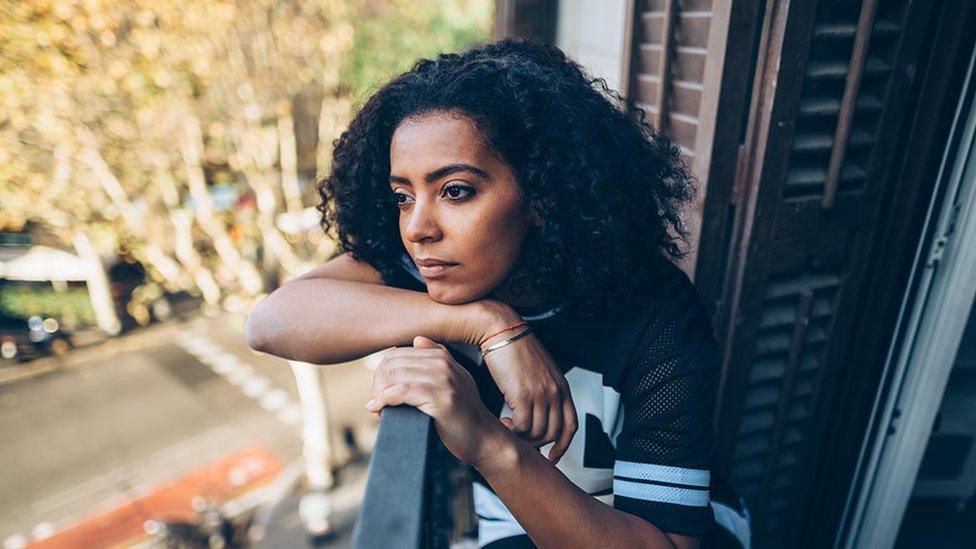Black people more lonely than general population, says new study
- Published
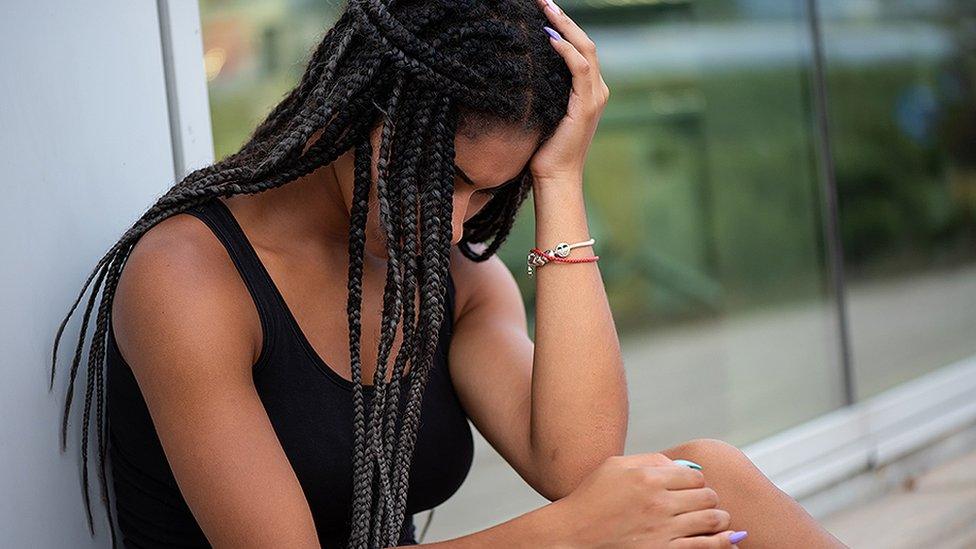
Black people are more likely to feel lonely than the general population, according to new research.
Data from the Mental Health Foundation suggests one in three black people have experienced feelings of loneliness.
That's compared to the general population where one in four had reported loneliness some or all of the time.
One in three people aged 16-24 also said they experience loneliness.
A spokesperson for the foundation says racism and social inequality could contribute to these higher rates.
It surveyed 6,000 people across the UK.
'A feeling of shame'
Rhyanna says she realised she was lonely after giving birth to her son when she was 17. She's been speaking to Radio 1Xtra podcast If You Don't Know.
"The most difficult aspects of loneliness was always being with him," she says.
She wasn't isolated, just feeling alone.
"It's a bit shameful… you feel like you're alone but you've got all these people around you.
"Externally, it's a feeling of shame because I'm outing myself against this idea of being a strong, resilient, durable person that I've created my character to be."
'Put up or shut up'
She says she also found it difficult to express her feelings because of being black.
"Having to admit that - as a strong black woman - can be something you don't want to admit in our communities because you want to keep on going," Rhyanna, who's 32, adds.
"Within our community, if you've got a problem, you don't speak about it. In my family, it's put up or shut up... that's not how I wanted to live my life.
"I wanted to speak about my experiences because it means that others can speak about them as well."
Rhyanna isn't alone - according to the Mental Health Foundation, a quarter of UK adults have felt lonely some or all of the time, over the previous month.
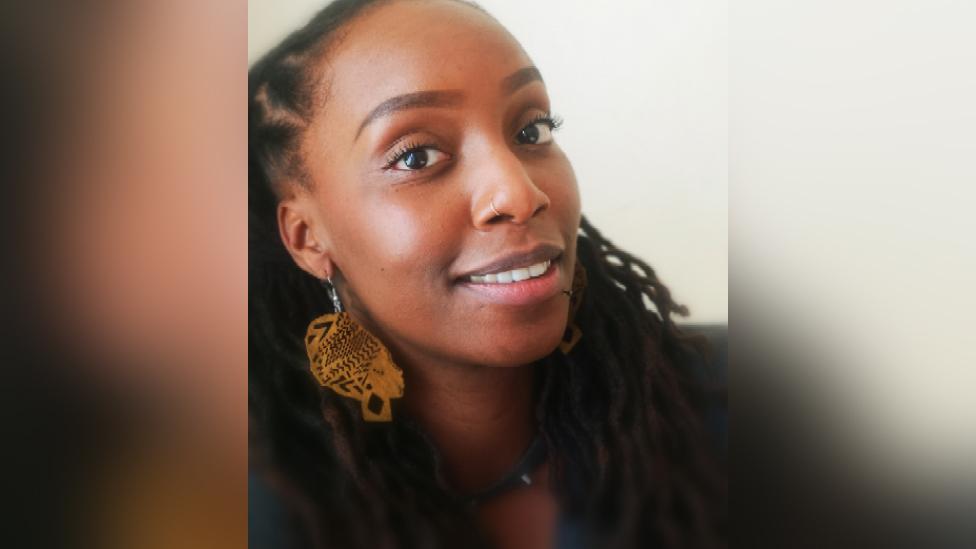
One in three black people say they've experienced loneliness in the UK, compared to one in four across the general population
"Isolation and loneliness are two very different things," Marwah El-Murad, from the Mental Health Foundation, tells the podcast.
"You can be isolated, not actually have that many connections in your life and not actually feel lonely - you might be happy with that.
"Similarly you could be someone that has loads of friends, a massive family… you're never experiencing being alone but you can still fell lonely in that setting."
So why do more black people report being lonely than the general population? This could be due to of racism and discrimination.
Marwah says loneliness can occur when black people "feel like you're being othered" and are "not welcome in the spaces that you're occupying".
Black people are more likely to live in deprived areas in the UK, external, and people living in these areas also report much higher levels of loneliness, according to the Mental Health Foundation.
"It's not a level playing field and inequality needs to be at the forefront when we're talking about mental health," says Marwah.
'Loneliness can happen to anyone'
The charity wants the government to reinvest in youth services. Figures released last year show council funding for youth services in London were cut in half in the 10 years since the London riots in 2011.
Marwah says part of the problem is loneliness is perceived.
"Even when you google loneliness, the images you see are of older people, completely on their own.
"Loneliness is something that can happen to anyone at any time."
'Start with yourself'
Rhyanna has some advice if you're experiencing loneliness for the first time.
"Start with yourself as to why you feel you are lonely. What is it you are feeling that's stopping you or holding you back from being social? Is it something that needs to change in your social networks and social circle?
If you can work that out, she says, you can make a positive change in your life.
Other tips suggested in the podcast, for people feeling lonely, include:
Open up and talk about it with someone - a friend, colleague, your GP or a helpline
Be kind to yourself - give yourself a break and do something you love
Connect with your community - perhaps try a parkrun, join a club or volunteer
Try not to compare yourself with others
If you have been affected by any of these issues in this story you can visit BBC Action Line.



Follow Newsbeat on Instagram, external, Facebook, external, Twitter, external and YouTube, external.
Listen to Newsbeat live at 12:45 and 17:45 weekdays - or listen back here.
- Published6 May 2022
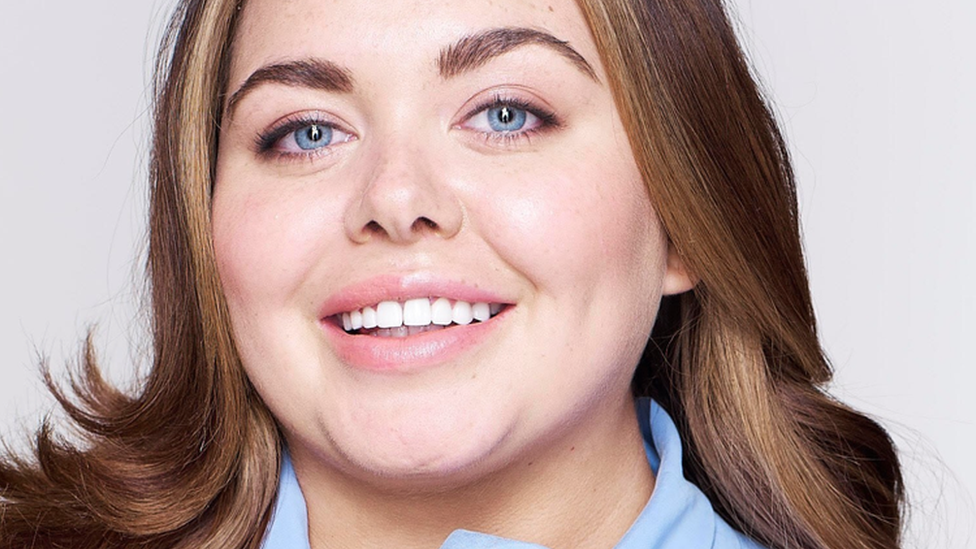
- Published25 November 2021
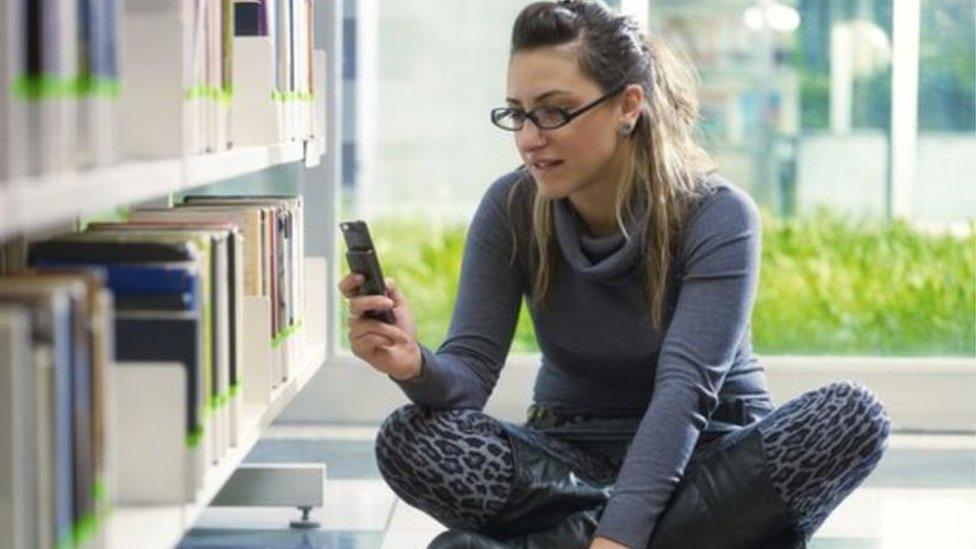
- Published24 March 2021
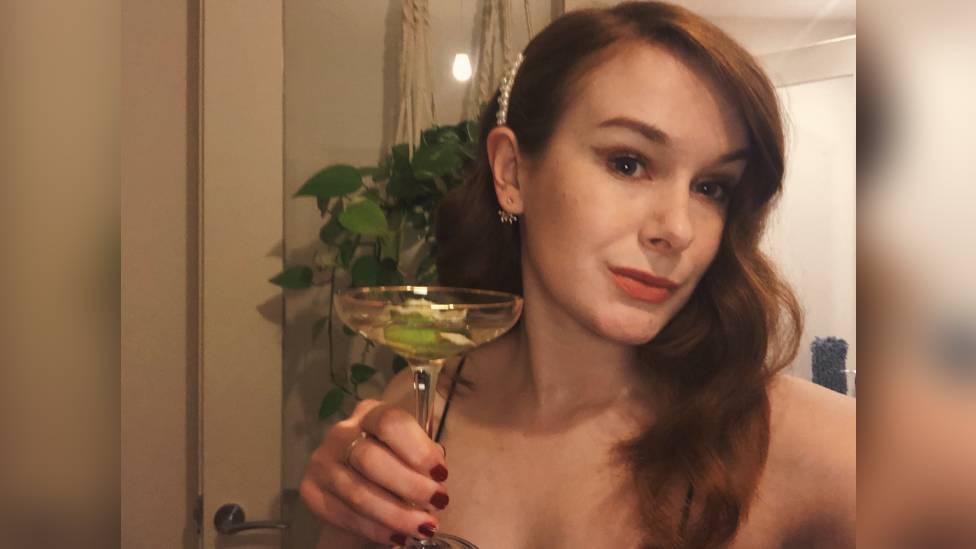
- Published28 June 2021
